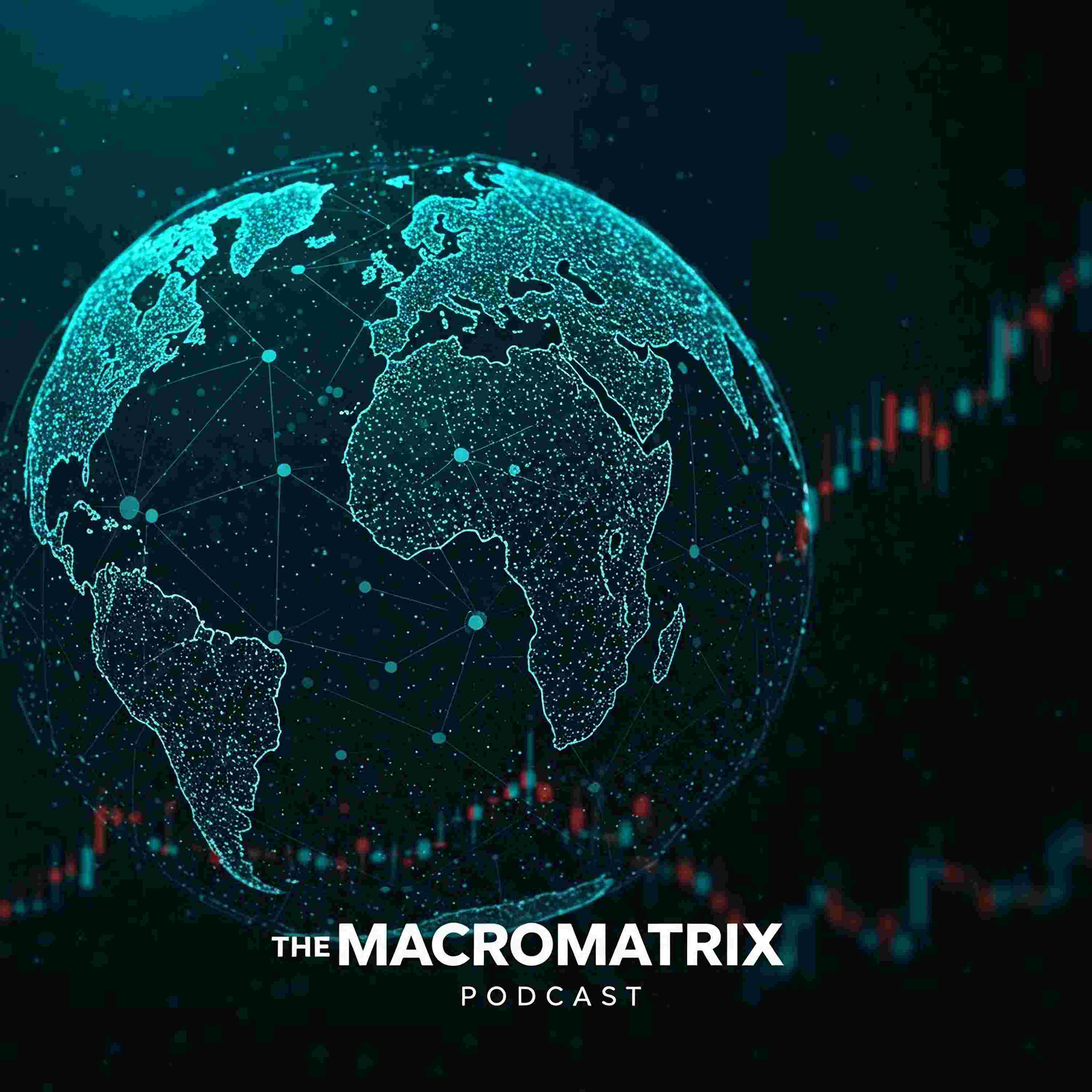

In this episode of MacroMatrix, host Ethan is joined by financial analyst Tracy for a deep dive into one of the most provocative ideas circulating in economic policy circles: the so-called Mar-a-Lago Accord. Building on historical precedents like the Bretton Woods system and the Plaza Accord, this emerging proposal explores a radical restructuring of the global trade and monetary system, aiming to rebalance the burdens of reserve currency issuance, defense spending, and trade deficits.
Tracy breaks down the central macroeconomic tensions driving the debate, including the Triffin Dilemma, persistent dollar overvaluation, and the consequences of foreign ownership of U.S. debt. The episode examines whether the U.S. can—or should—coerce foreign holders of Treasuries into century bonds, impose tariffs as both revenue tools and currency offsets, and integrate national security obligations into trade negotiations. From fiscal devaluation tactics to the potential weaponization of reserve asset privilege, the conversation uncovers how today's proposals blend geopolitics, monetary theory, and fiscal strategy into a high-stakes reimagining of global norms.
Listeners will also hear about potential market reactions: will investors demand higher yields on U.S. debt? Could allies seek alternate security arrangements? Would foreign central banks comply with extended maturities under pressure, or could such efforts backfire? With references to China, NATO, commodity flows, and the role of the Federal Reserve, this episode offers a comprehensive analysis of the complex trade-offs involved.
If you're a financial analyst, policy enthusiast, or macro strategist looking to understand how a single policy proposal could ripple through currencies, alliances, and markets worldwide, this episode is essential listening. Subscribe, share, and stay ahead with MacroMatrix.